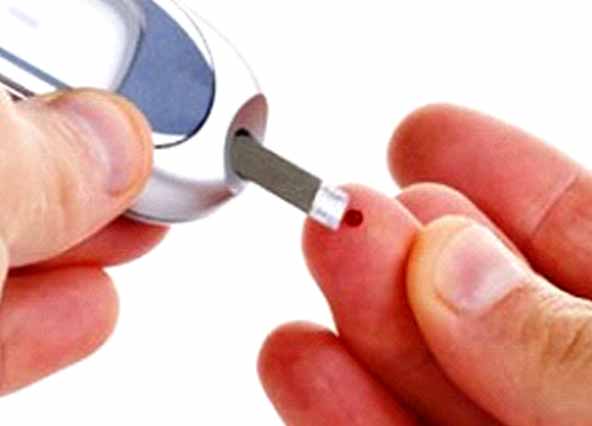BEING labelled the diabetes capital of the world should not be the kind of stigma any country should want to be associated with. But ever since Saint Lucia was declared as such in a 2007 study conducted by a Canadian expert, one wonders whether anything near significantly enough has been done to shake off that stigma.
Urologist Dr. Michael Graven claimed to have screened more than 31,000 Saint Lucians during his study nine years ago, referring to his findings as being “tantamount to a public health disaster, much like a hurricane with catastrophic rates.”
At the time, president of the St. Lucia Diabetic and Hypertensive Association (SLDHA), George Eugene, was not surprised by the findings, lamenting that his association’s best efforts at creating awareness and offering requisite practical solutions were stymied by limited resources.
Eugene drew reference to how much effort and care are put into maintaining the material aspects of our lives, including our vehicles, but rarely enough attention being given to living healthily. He cited a fervent commitment on both the public and political wills to address the problem squarely.
That 2007 report suggested that 6.1% of the Saint Lucian population was diabetic and that the trend pointed to the rate of diabetes doubling every four years with the following complications: heart attacks, strokes, renal failure, blindness and amputations.
Last November, Prime Minister Dr. Kenny Anthony said government was cognizant of the detrimental impact diabetes has had on the citizenry. He noted that government was moving toward the establishment of a diabetes research facility that would also aid Saint Lucians in preventing and treating diabetes appropriately. Since then, legislation has been in train to facilitate the setting up of such a facility.
The Prime Minister’s pledge came two months after he announced that his political party would ensure that quality health care is made a number one priority should his party be given another term in office.
However, the diabetes phenomenon continues to plague many Saint Lucians in the interim. Just last week, the SLDHA president expressed renewed concerns that diabetes is “out of control”. According to Eugene, the ailment results in about 130 amputations per year. To compound the problem, 95 people are now waiting to get on the dialysis list, hopeful that someone already on the list succumbs to the disease.
Partly to blame for the high prevalence of diabetes on the island is the penchant for many people to consume starchy foods in large volumes. Another contributor is the lack of rigid exercise routines. Combine these factors with many people not educating themselves about the types, causes and consequences of diabetes, the stigma we are now saddled with only grows.
While it is incumbent on every citizen to preserve his/her well-being, a great deal of measure rests with the State in ensuring that more is done to assist those already afflicted with diabetes. Notwithstanding the reduced costs the State provides to those people currently beneftiting from dialysis procedures, more needs to be done at the school level to ensure that our students eat healthily and thus cultivate healthy eating habits. Too many of our children are obese as a result of unhealthy diets.
No one knows for sure when or if the promised diabetes research facility will finally be commissioned. But what should remain uppermost in our minds, though, is that quality health care, and especially tackling a stigma that has been plaguing us for years now, is treated with the utmost priority here and now.















The government is not serious about preventing the amputations of people who are already afflicted with diabetes. Cuba inventing ‘HEBERPROT_P” which is an injection given in the area of the wound to help with the healing of the wound.has not yet been introduced in StLucia but yet StVincent which is smaller than us has the injection over there. There is more money to be be made amputating the limbs of people and leave them incapable of helping themselves after the surgery. Getting the insulin is another racket. I am a diabetic now for 36 years and thank GOD I have not had any limbs amputated. I continue to read up on new innovations in diabetes.